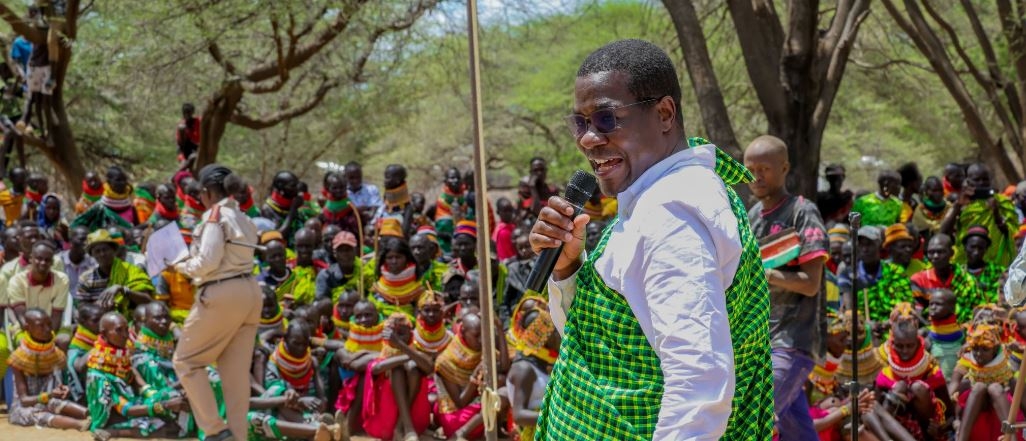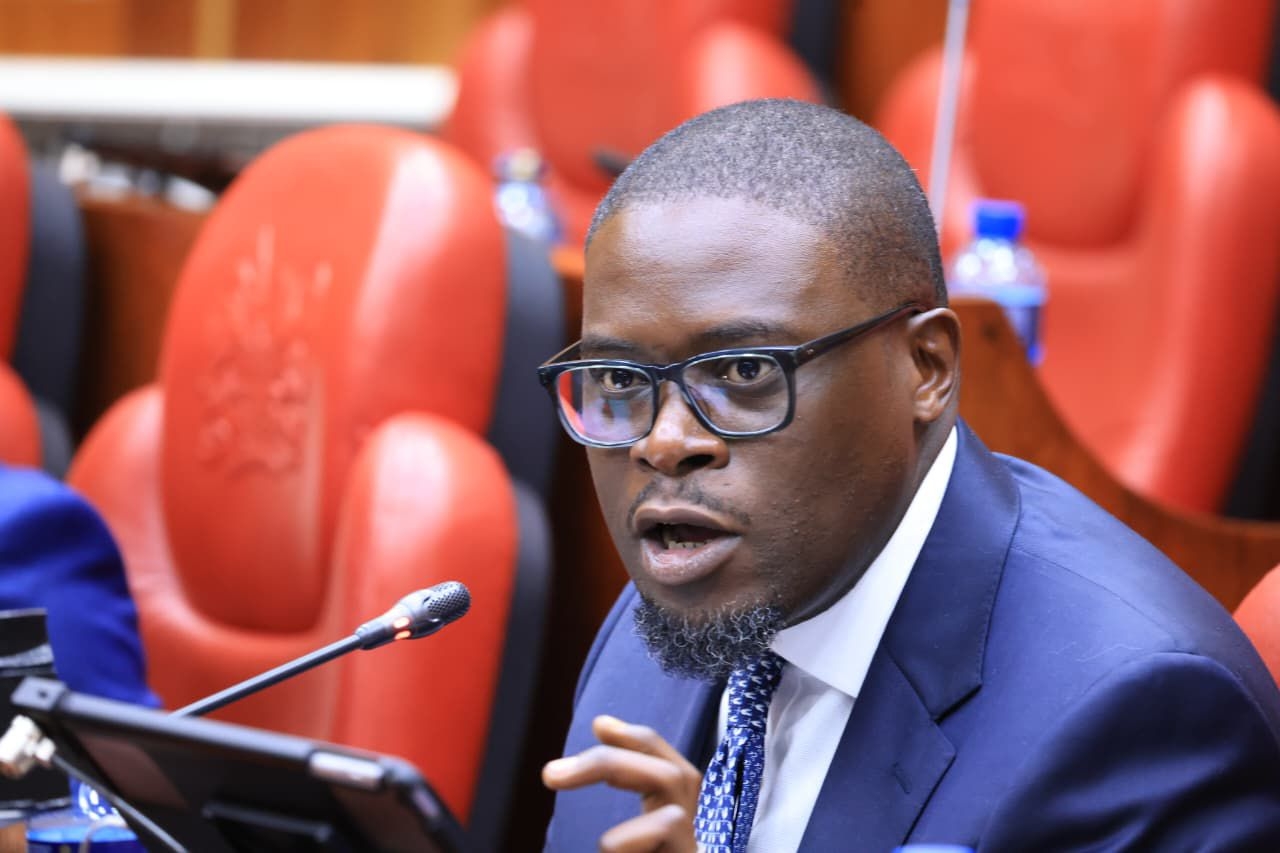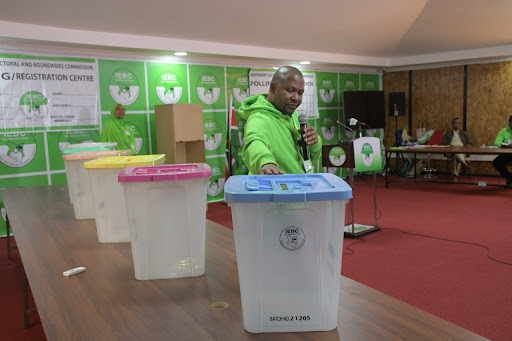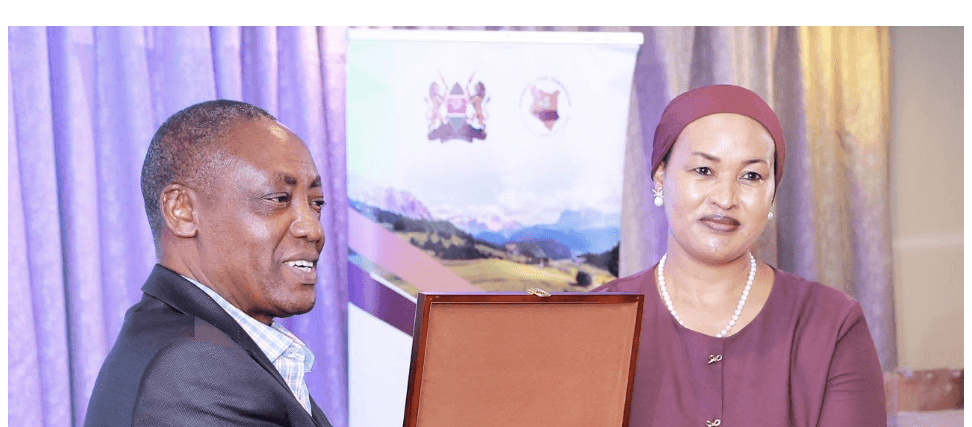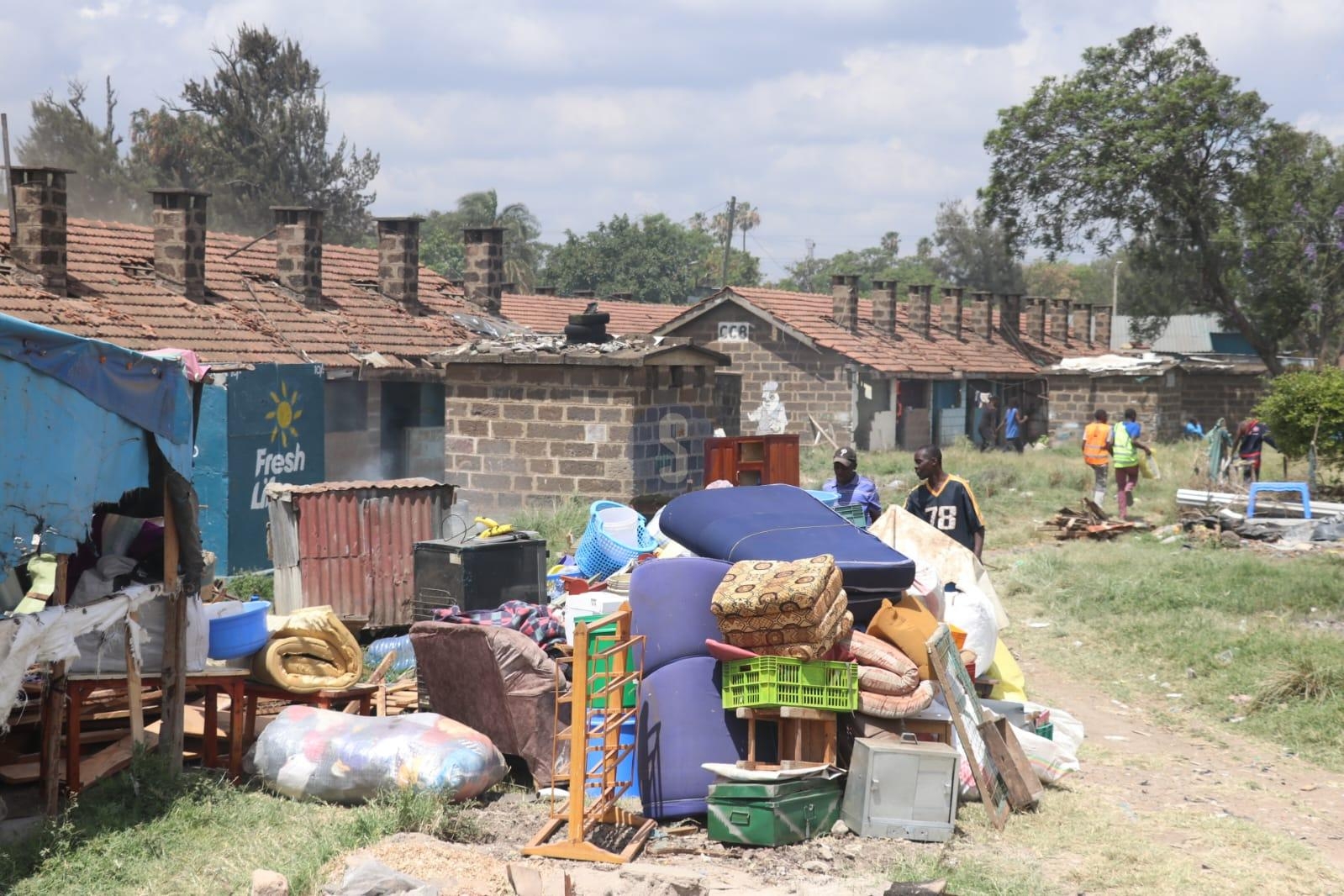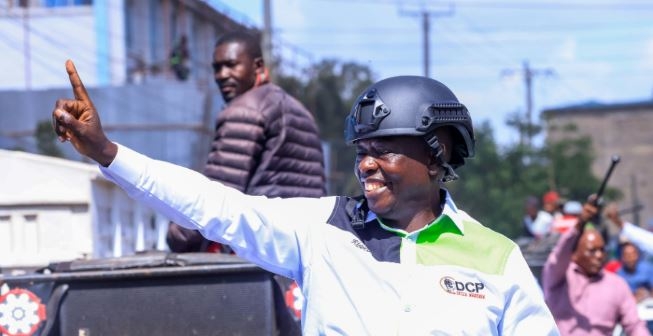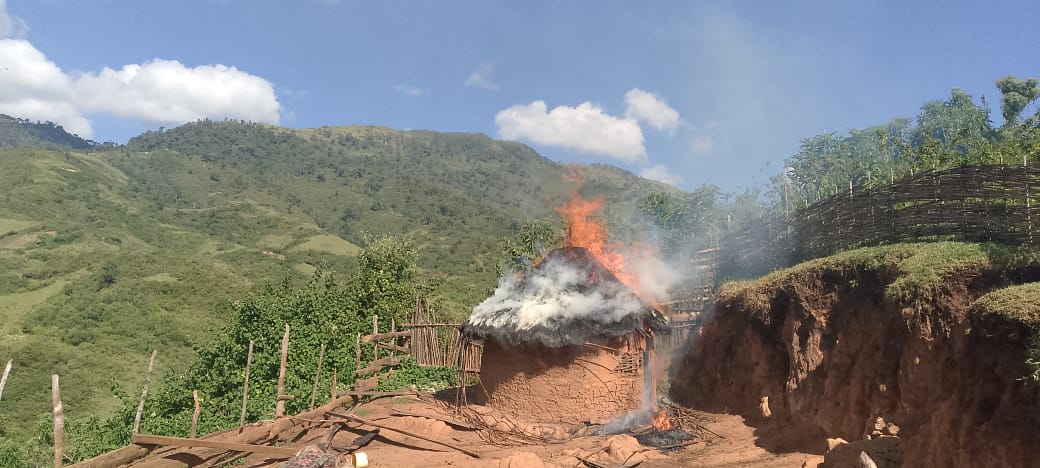
The indigenous Sengwer community
has expressed fears of another wave of evictions from Embobut Forest after five
houses were torched in Kaptirbai glade.
Elias Kimaiyo, a human rights defender and a community leader, said the houses were burnt despite a court order allowing them to continue living in Embobut Forest.
The community maintains that’s their ancestral land and has a cultural and spiritual attachment to it.
“Our fear is that this may be another wave of evictions, as we witnessed last year while there was a court order halting further evictions,” Kimaiyo said.
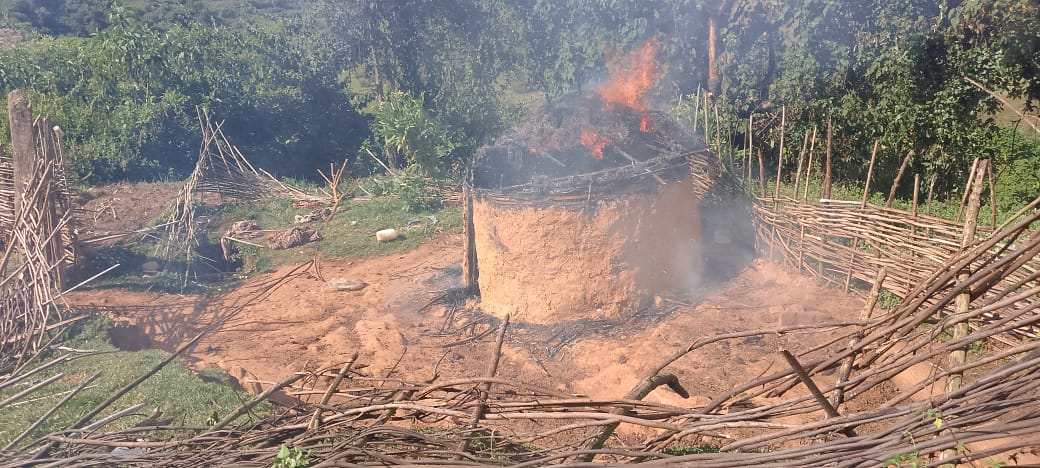
Ribong’ar called on the government to allow them to live on the glade without being interfered with so that they can live in peace and be able to educate their children.
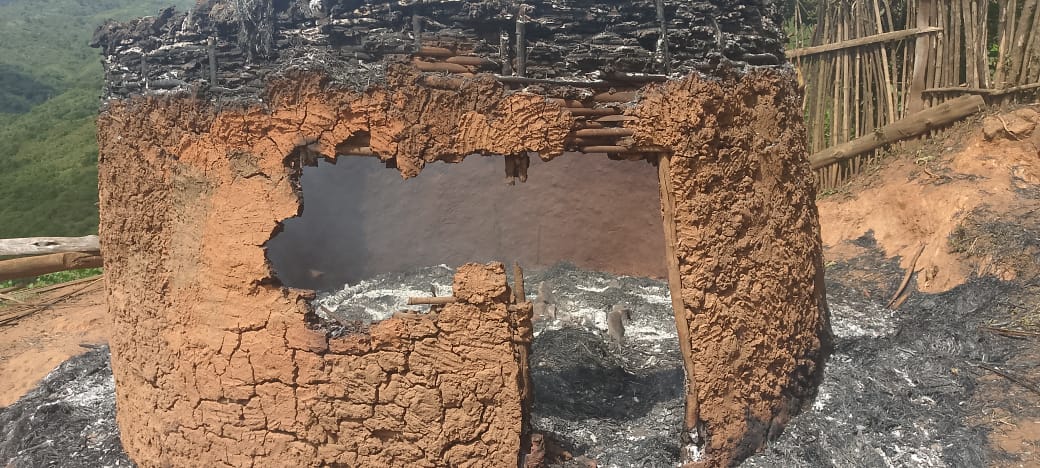
“[This] means that those who are in occupation of forest land as of today should not be evicted, but no new persons should be allowed to occupy forest land,” the ruling read in part.
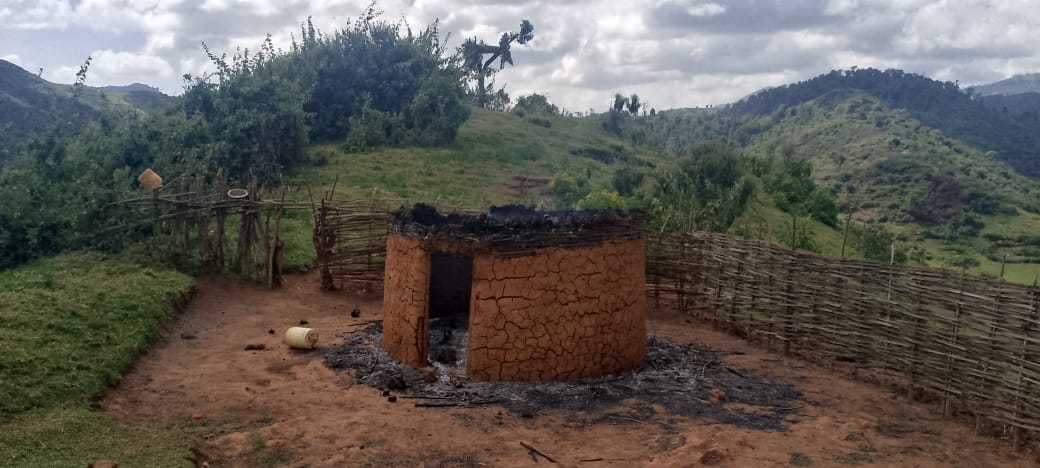
David Ribong'ar's house at Kaptirbai galde in Embobut Forest on January 14, 2025/ ELIUD KIBII
The Sengwer, who are hunters and gatherers, and the government have in more than a decade engaged in a legal battle over their right to live in the forest.
"There is a dispute as to whether members of the community are currently lawfully residing in the forest, as it is alleged that money was paid out in 2015 for them to move out and that those in occupation are there illegally,” the Court of Appeal noted.
In the case, the applicants sought a
determination on whether Embobut forest is public land under Article 62(1)(g)
of the Constitution, whether the Sengwer lawfully held, managed, and used the forest
as community land under Article 63(2)(d)(i) as read with Article 40 on
protection to right to property. and Article 14 of the African Charter on Human
and People’s Rights.
Further, they asked the court to
determine whether there was a violation of their rights and whether there was an
agreement entered to vacate the forest and acquire an alternative settlement in
consideration of a payment of Sh400,000.
In May last year, the government defended its decision to evict the community, with the Ministry of Environment arguing the removal of an estimated 500 families was intended to conserve Cherangany Water Tower from further degradation due to illegal logging, farming, commercial grazing, and charcoal burning.
Speaking at the time, then North Rift Head of Conservancy Anthony Musyoka said there were “uncontrolled agricultural activities”, which had caused massive destruction to the water tower.
However, Kimaiyo said groups that were
not covered by the court order had taken advantage and invaded parts of the
forest.
“On our part, we have started initiatives to conserve the forest and have already put up a nursery to assist in our conservation efforts. We are currently working towards raising 10,000 seedlings,” Kimaiyo said.





